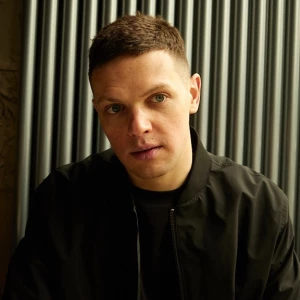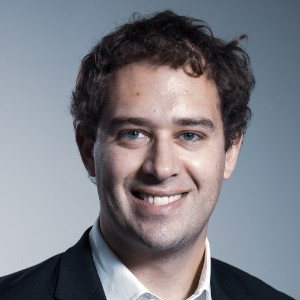Hello!
I would like your insights on how to approach broad strategic case interview questions, such as following:
Ministry of foreign affairs of a Middle Eastern country wants you to develop a 10-year strategy for its diplomatic efforts. What would be the critical factors to prioritise/rank different countries?
No additional information was shared (no clarifying questions possible).
Would you create a typical “consulting” structure or create some kind of scoreboard? How would you approach this particular case?
Thank you in advance!















